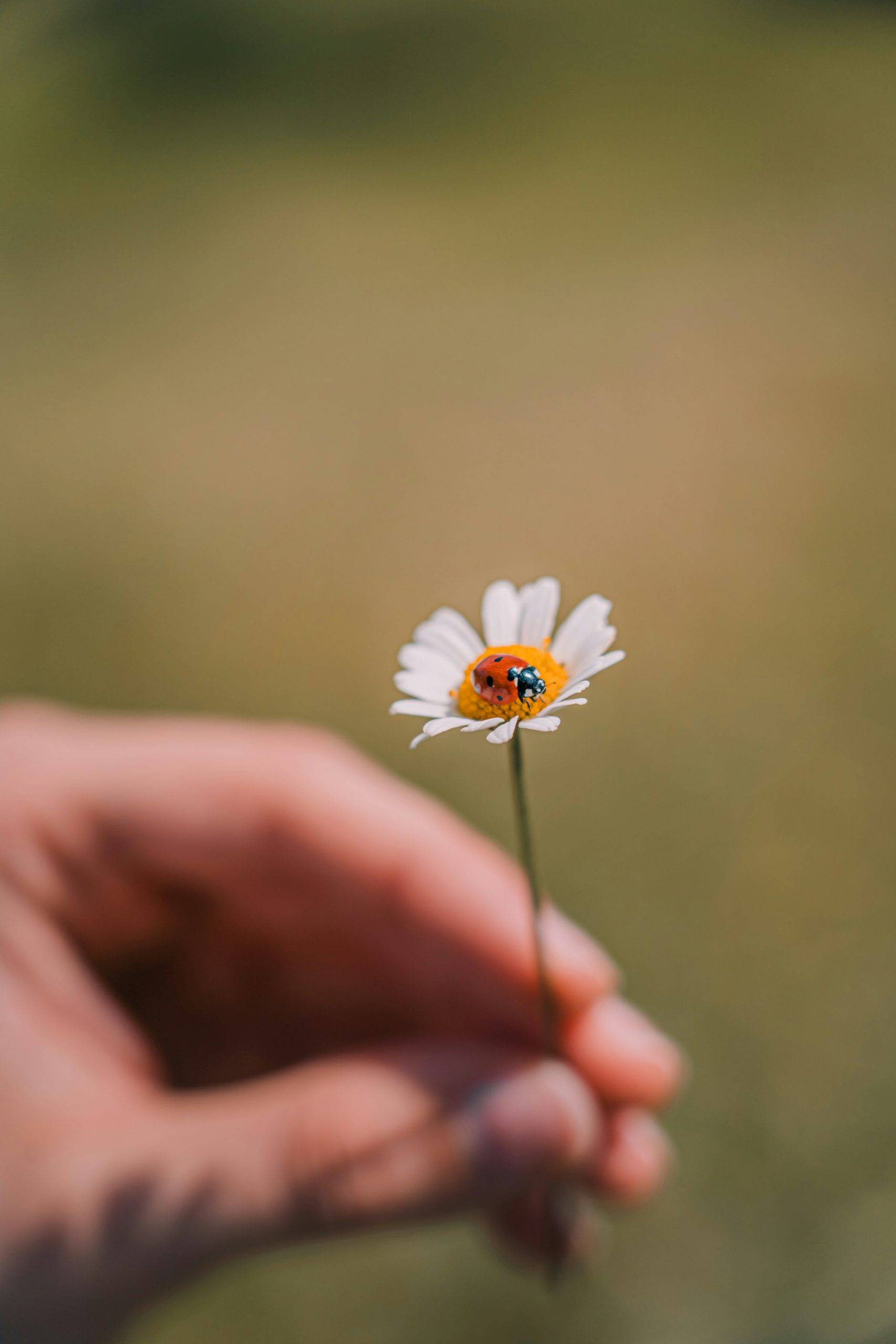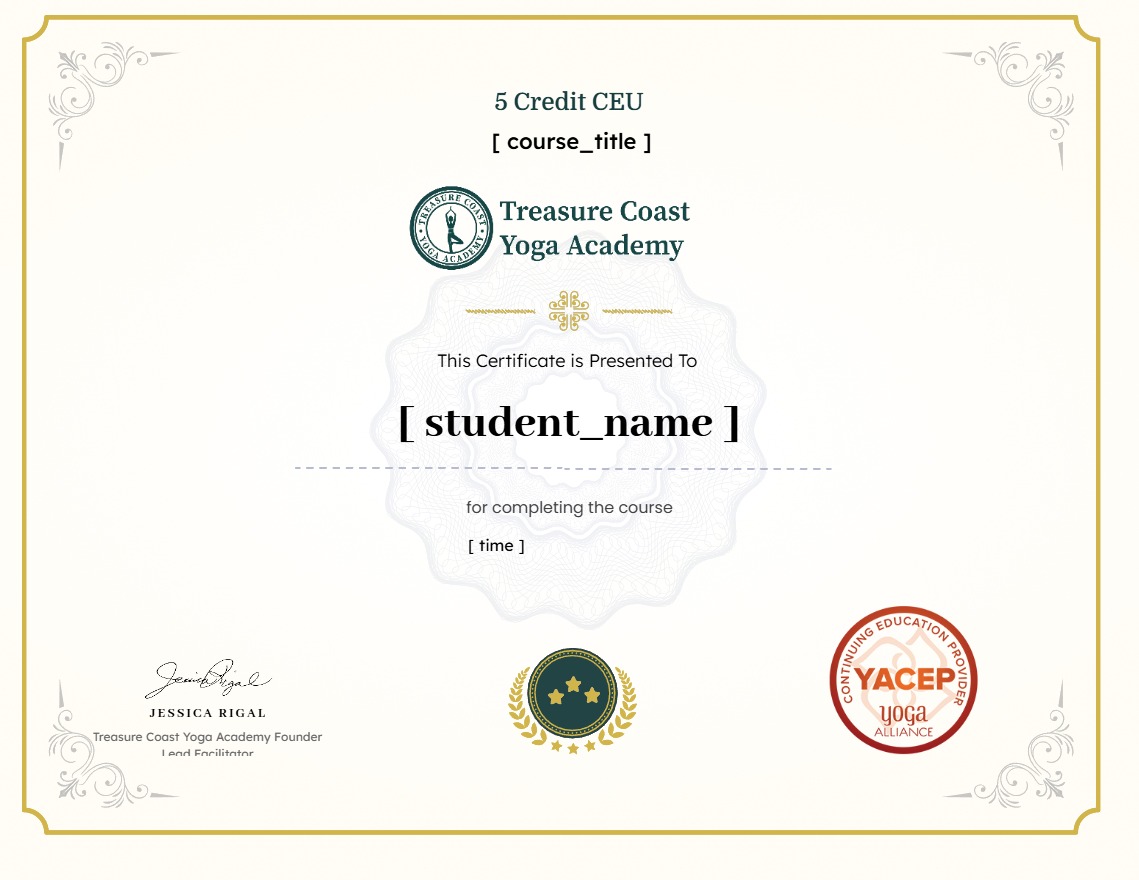
About Course
This five-module, 5-CEU course explores gratitude as a powerful practice for healing, resilience, and transformation. Drawing from psychology, neuroscience, yoga philosophy, Stoic wisdom, and mindfulness traditions, participants will learn how gratitude functions as both an inner orientation and an outward expression. Each module combines reflective lessons, practical exercises, and community connection to help participants experience gratitude as medicine — a force that uplifts, strengthens, and nourishes the mind, body, and spirit. The course moves through the foundations of gratitude, its role in personal healing, gratitude in relationships and community, gratitude as spiritual practice, and finally, integrating gratitude into daily living.
Course Content
Module 1: Foundations of Gratitude
-
Lesson 1: What is Gratitude? Definitions across Psychology, Yoga, and Philosophy
-
Lesson 2: Gratitude in the Brain: Neuroscience of Positive Emotion, Dopamine, and Neuroplasticity
-
Lesson 3: Ancient Roots of Gratitude: From the Sutras to Stoicism and Beyond
-
Lesson 4: Gratitude and Resilience: Why Gratitude is Protective Against Burnout and Stress
-
Practice: Gratitude Journaling and Structured Prompts
-
Reflection: Share one personal insight on how gratitude shows up in your daily life. This may be a small moment of appreciation, a relationship strengthened by gratitude, or a shift in perspective that gratitude has created for you.
Module 2: Gratitude as a Healing Practice
Module 3: Gratitude in Relationships & Community
Module 4: Gratitude as Spiritual Practice
Module 5: Living a Life of Gratitude
Earn a certificate
Add this certificate to your resume to demonstrate your skills.

Student Ratings & Reviews
